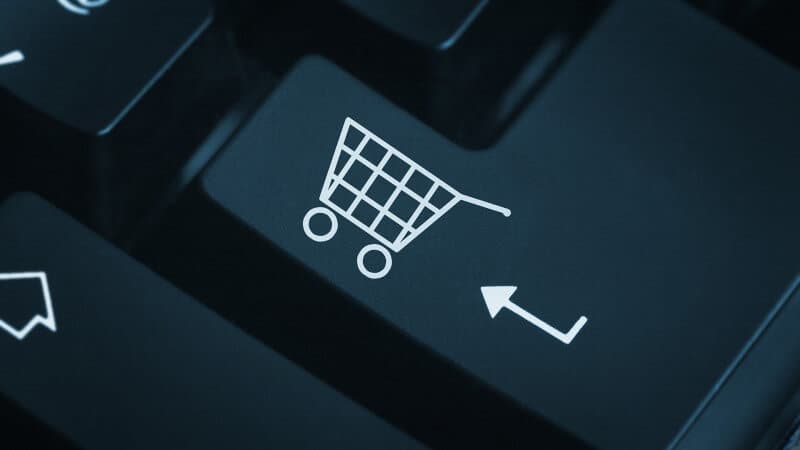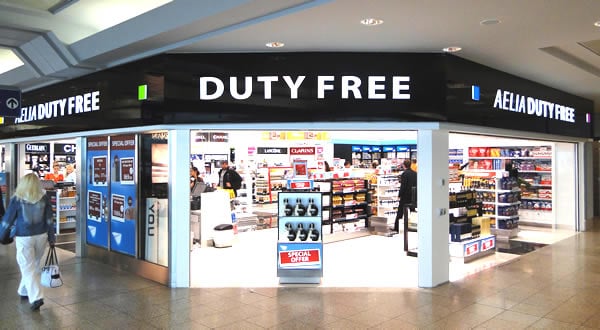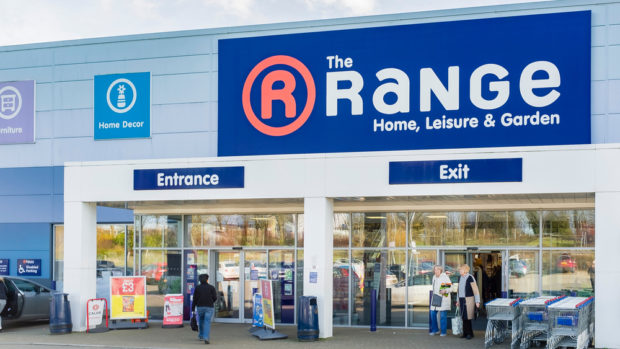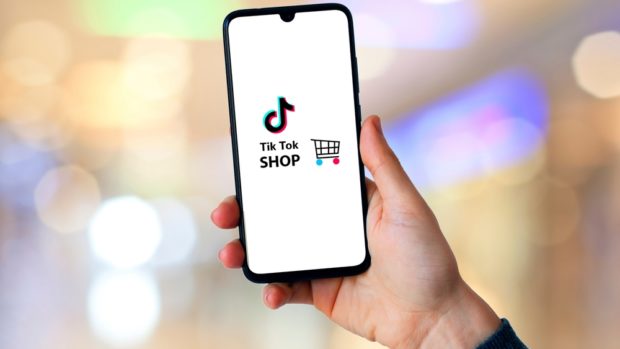
Retailers in the UK are looking to upgrade their eCommerce platforms and improve customer experience in response to a pandemic-induced spike in online shopping here, according to a new report published today by Information Services Group (ISG), a leading global technology research and advisory firm.
The 2021 ISG Provider Lens Retail Software and Services Report for the UK finds nearly 30 per cent of all retail revenue in the U.K. last year came from online shopping, with online sales jumping 45 per cent from the previous year. Growth was largely driven by the COVID-19 pandemic.
“Before 2020, the UK already had one of the highest adoption rates of online shopping among western economies,” said Mike Witty, a retail expert and director in the ISG Consumer Services practice. “U.K. shoppers have been taking advantage of a mature logistics infrastructure and the ability to move across channels.”
Still, UK retailers want to use more technology tools and services to improve online and in-store shopping, the report says. Many retailers here are applying data analytics, digital displays and shelf-monitoring technologies to their in-store shopping experiences. The aim is to enhance productivity, ease of customer access and personalisation inside stores.
In addition, retailers are leveraging technologies across multiple supply chain touchpoints. For example, a robot can scan shelves for out-of-stock items, trigger a request for restocking, then prompt the backend system to dispatch a robot to fill the shelf with minimal human intervention. Retailers see these systems making the supply chain more agile.
UK retailers are also embracing drive-through pick-up locations after customers have ordered products online, the report says. Some small-format retail stores in residential areas are doubling as micro-fulfilment hubs.
Retailers are also using several technologies to improve the profitability of online shopping, the report adds. Fashion retailers are using smart-fitting technologies to help shoppers choose the right size clothing, and grocery stores are beginning to look at automated picking and packing systems, coupled with artificial intelligence-based delivery logistics algorithms to expand online delivery.
The report also sees UK retailers shifting to hybrid operating models, in which humans and machines work together to deliver services. Retailers are using this hybrid model in-store operations, in customer-facing technology, in the supply chain, and in online and backend operations. For example, some stores are supplying wearable devices to store workers to help them assist customers, and others are deploying self-service checkout kiosks to eliminate cashiers.
The report also finds UK retailers embracing machine learning to obtain better views of customer behaviour online. Retailers also are experimenting with algorithmic retailing, artificial intelligence and the Internet of Things for tracking inventory, enabling their workforces to better serve customers and make store spaces and processes more efficient and intelligent.
In the area of platform migration services, the report finds some large retailers are moving away from packaged technology offerings and investing in developing their own microservices-enabled platforms. These companies are focused on shaping technology tools from scratch and having complete control over their shopping technology environment.








Share